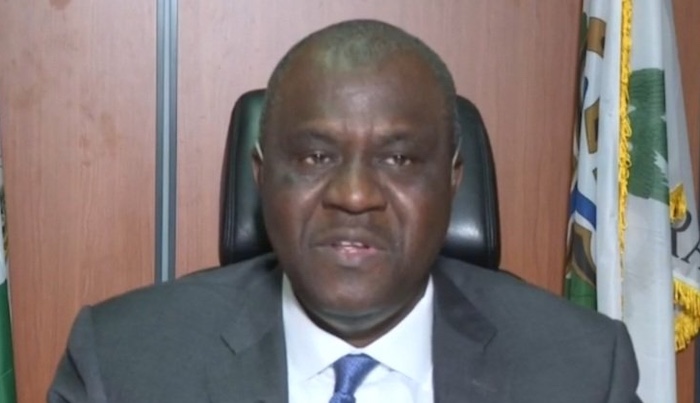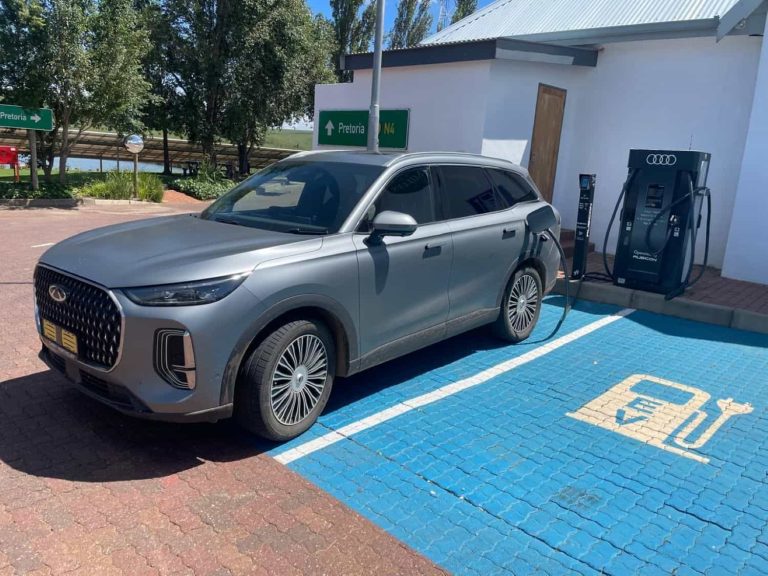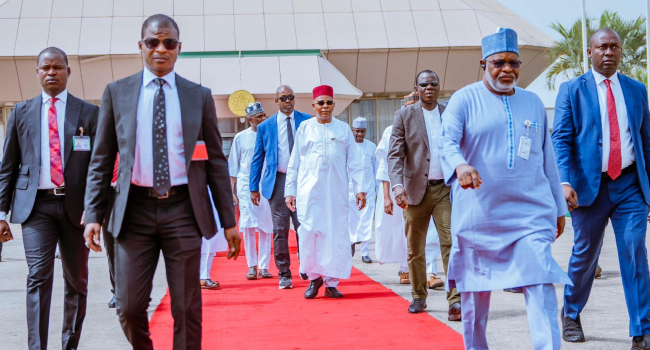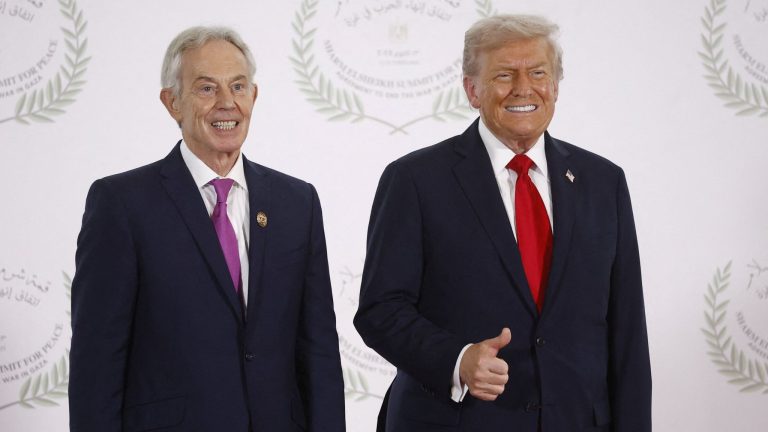
The Nigerian Association for Energy Economics (NAEE) on Tuesday, said that Nigeria and other resource-dependent nations risk fiscal vulnerabilities from declining fossil revenues amid the ongoing global shifts in the energy sector.
Speaking on the final day of its annual international conference, the President of NAEE, Dr Hassan Mahmud, who highlighted the implications for developing countries, explained that there is the need for domestic policy coherence and institutional readiness.
He listed the risks as: Fiscal vulnerabilities from declining fossil revenues; energy poverty and affordability challenges; rising cost of green finance and technology dependence as well as the need for domestic policy coherence and institutional readiness.
Besides, Mahmud advocated the harnessing of Africa’s natural endowments , including gas, solar, wind, lithium as well as localising value chains, including refining, battery assembly and power equipment.
Besides, he called for the leveraging of sovereign funds and development banks, for instance, the African Energy Bank and harnessing regional power pools and cross-border investments.
Strategic opportunities, he said, include: Building resilient energy financing architectures (domestic capital markets, green bonds, carbon credits) ; positioning developing countries as partners, not passive suppliers; designing transition policies that align growth, inclusion, and sustainability; and investing in energy data systems, R&D, and regional innovation hubs.
Mahmud underscored what he described as ‘the colonisation of finance’, stressing that environmental governance constraints, carbon trading, carbon tax, are current issues in the global energy space.
Also speaking, erstwhile President of the NAEE, Prof. Yinka Omorogbe, stated that Africa remains a place where about 600 million people are still without reliable energy sources, describing Nigeria’s oil downstream as a basket case.
“One of the disruptions is really the fact that the world is moving towards net zero, and the transition is real, In fact, half of Nigeria is not getting anywhere if we do not use renewables. The gas talk is just talk so far,” she added.
Other panelists were: Dr. Terhemen Andzenge, NAEE Legal Adviser and Prof. Peter Ekundayo of the Pan Atlantic University, Lagos.
Emmanuel Addeh



